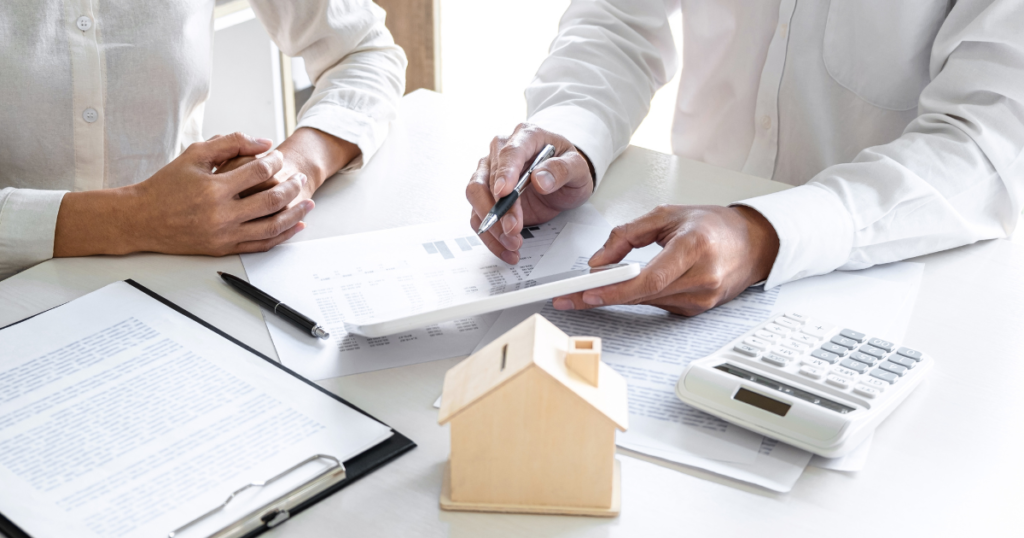If you are planning to buy a property, you may get a rude shock when you find out how expensive all the little associated costs that come with it are. Especially if this is your first property, or it’s been a while since you last bought.
So, when the time comes to apply for finance and start shopping around, here are some extra costs you will need to know about.
Stamp duty
Stamp duty has been one of the biggest deterrents for people transacting on property in recent times. The state government tax will set you back a percentage of the value of the home you buy. Originally put in place to tax the wealthiest sections of the homebuyer market, if now affects most homes, as rising prices over the decades have seen medians creep into the upper tax brackets.
Rates differ state by state but are fairly similar. A median priced home is likely to cost you an extra $30,000 to $70,000 in stamp duty, depending on where it is. And the toughest part is that it must be paid upfront. So if you have had to save $200,000 in a low-interest savings environment to stump up a deposit, you will then have to come up with the extra money on top.
Legal fees
Solicitors or conveyancers are vital for navigating the legal side of transacting. Property contracts and other documents are complex, dense and hard to understand for the inexperienced.
Legal professionals will review these, conduct searches on properties and facilitate the transfer of ownership. These fees can run into the thousands of dollars, so be ready.
Building and pest inspections
More home sellers are having building and pest inspections conducted before listing and then providing the report for an expense at open homes. But this is not quite the norm yet and if you are seriously considering purchasing a property, the onus is on you to have the appropriate checks conducted.
They can vary in expense but are necessary for uncovering hidden problems in an otherwise fine home, such as termite infestation, or structural problems, which can blow out to become much more expensive in the future.
Lenders Mortgage Insurance (LMI)
More borrowers are taking out home loans with deposits of less than 20% these days, especially for investment properties. Banks will allow you to do so, as long as you pay LMI.
As the name suggests, this insurance safeguards the lender, not the borrower, in case you aren’t able to make repayments. It replaces the normal buffer zone of 20% that banks like to have in place to make sure they can recover their investment if they need to sell your property because of default.
The good news is that LMI can usually be rolled into a loan, so you won’t need to come up with another expensive lump sum upfront.
Other insurances
Types of cover like home insurance, title insurance and landlord insurance (for investment properties) can all add up to a decent expense.
Home insurance can give you peace of mind in a time where we are seeing a lot of crime and natural disasters, plus cover you for accidents and unforeseen circumstances. Investors will find landlord insurance essential for protecting them from bad tenants, or vacancy periods.
Council rates and strata fees
Council rates for standalone houses, or strata fees for non-detached housing are unavoidable. These will set you back thousands of dollars a year.
Online property portals these days will provide a lot of the details of such costs online while you are searching for properties, which makes it a lot easier to prepare and compare with other properties.
If in a strata complex, you will generally have to pay more the bigger the complex is and the more amenities it has. Lifts, gyms, tennis courts and shared work spaces all require maintenance and repairs, which will come out of shared owner costs.
Moving costs
You’ve bought a home and now it’s time to pack up and move there. You may need to hire movers, rent a truck, or purchase packing materials. If the property is a long way away, you will pay extra in transport too.
Utility connections and set-up
Once you’re in the home, you need to make sure you’ve got essential services up and running, like electricity, gas, water, internet and phone coverage.
These may require a number of separate set-up fees, though there are providers who now do the lot for you in a one stop shop.
Renovation time
Once you’re in and comfortable, you may decide a few things need changing. Or you need extra furniture. Renovating and furnishing can be very expensive, so separate your must-haves from you wish list items and budget accordingly.





